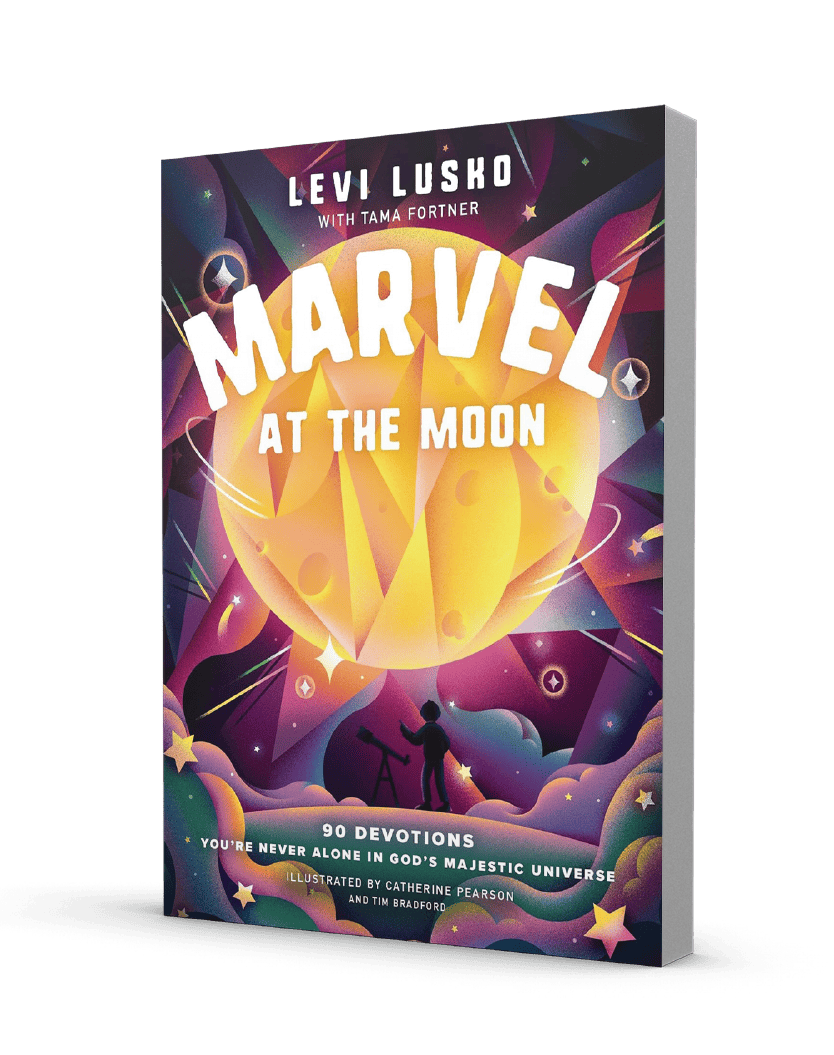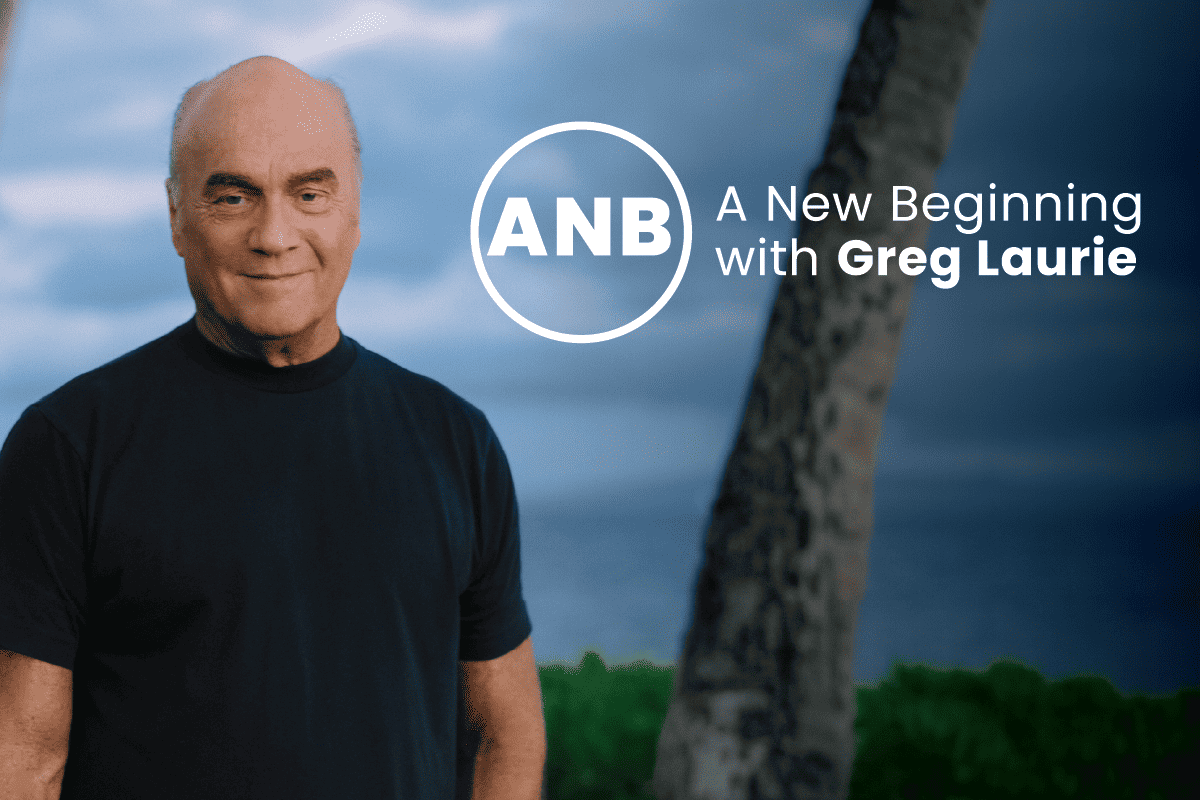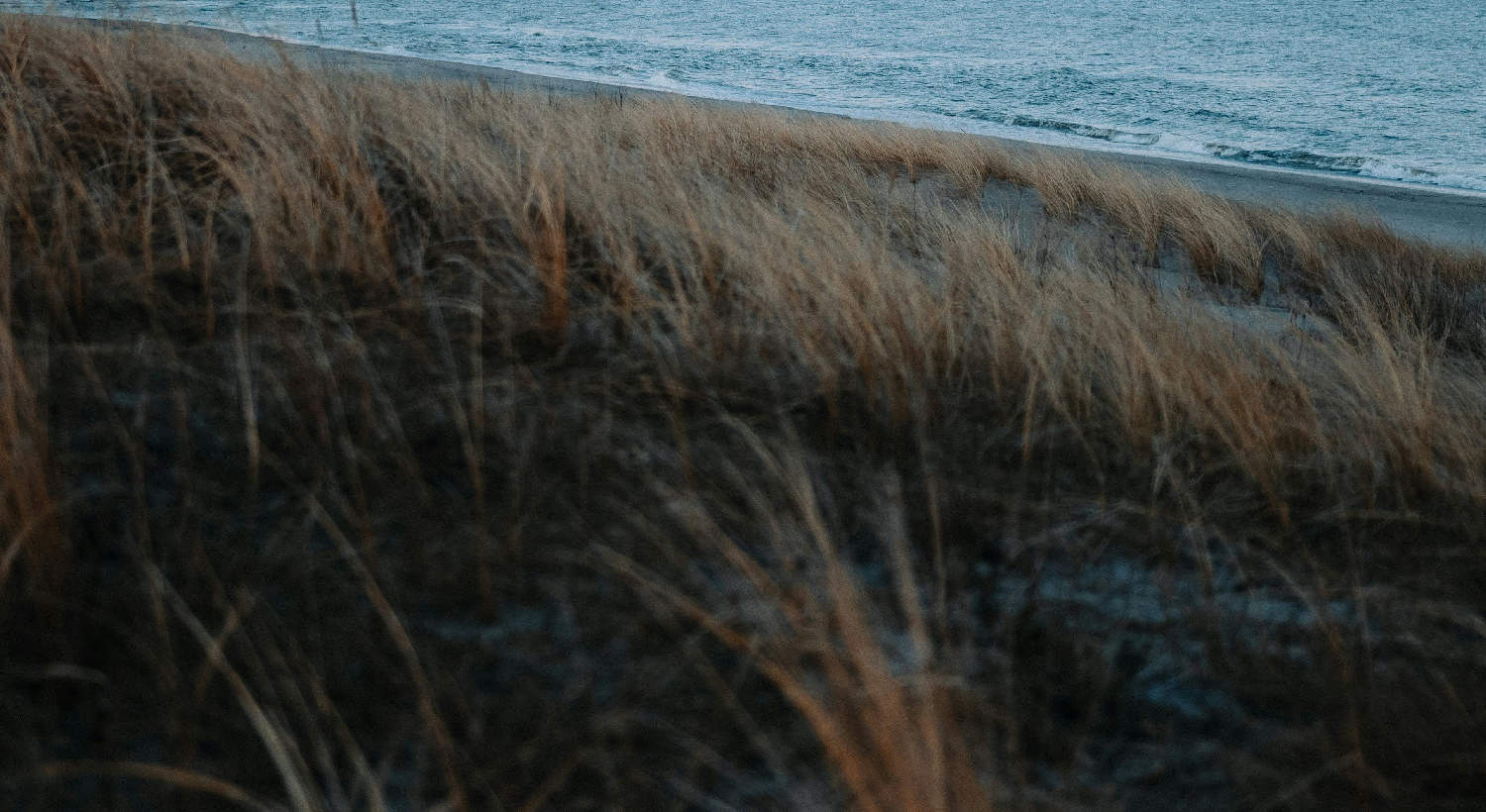A popular men’s magazine recently posed one of the most intriguing pop culture questions of all time: “Who was cooler: Steve McQueen or James Dean?”
The question topped a mano a mano examination of the lives and careers of both iconic actors that rated them in a whole gamut of categories, from fashion and style sense to roguish masculinity to career accomplishments.
Dean was rightly celebrated as a pinup boy for teenage disillusionment and the archetype of disobedience for his portrayal in Rebel Without a Cause. He was the silver screen’s first post-World War II maverick heartthrob. His squinty good looks, tousled hair, cuffed blue jeans, and white T-shirt never went out of style, and his tragic death at age twenty-four eternally cemented his youthful image and appeal in the public mind.
Interestingly, both Dean and McQueen were contemporaries, born a year apart, and were actors at the same time. But while McQueen struggled in his early career, Dean shot to success. In fact, McQueen even did mechanical work on James Dean’s motorcycle, but Dean had no clue who McQueen was.
The magazine reporter deftly noted that McQueen built on what Dean accomplished in the 1950s and took advantage of the antiestablishment phenomena of the 1960s. He made rebellion a favorite pastime—both on and off the screen. He fought producers and directors, dated beautiful women, drove fast cars, and broke enough bones tumbling off his motorcycle to be considered authentic. He had the scratches on his movie star face to prove it. Yet somehow he managed to keep a low personal profile behind his massive public image.
So, not surprisingly—to me—the magazine’s nod went to McQueen. Guess that’s why he’s been crowned by pop culture historians as the “King of Cool.” Almost four decades after his death, people still revere the image he crafted and projected through his art. The fact is, James Dean wasn’t even in the same league as Steve McQueen.
Steve McQueen Before Christ
But what was this flesh and blood human being like when there was no script to read and the cameras weren’t rolling? That’s a much tougher question because Hollywood legends don’t come more complex than Steve McQueen.
As Winston Churchill famously said, and it certainly applies to Steve McQueen, he was “a riddle wrapped in a mystery inside an enigma.”
Many of the things that have been written about him seem wildly contradictory—we’ll go back across a lot of them in this book. McQueen was a loving father and husband, yet he was also a womanizer and at times a shameless male chauvinist. Nobody hung on to a dollar any tighter than he did, yet he made large (and strictly anonymous) donations to charity. He was a loyal friend, yet trusted nobody. He was capable of jaw-dropping cruelty to colleagues, yet was a sucker for kids and old folks.
If you graduated with honors from business school, wore a suit and tie, and had a title next to your name, God help you. But his own lack of formal education was an embarrassment to him. He only made it through the ninth grade and did a stretch in reform school. His alcoholic mother abandoned him repeatedly throughout childhood, and he never even knew his father, also an alcoholic who died of cirrhosis of the liver. But McQueen rose above such desolate underpinnings through sheer force of character and determination to succeed.
Nobody in Hollywood was more disciplined and hardworking than the man whose capriciousness often made movie sets as tense and downright chaotic as war zones. He was famously anti-authority yet regularly visited the young male residents at the Boys Republic in Chino, California, and counseled them about straightening themselves out.
Politics bored and often repelled him, but it didn’t keep him off President Nixon’s infamous “Enemies List” nor stop FBI Director J. Edgar Hoover from keeping official tabs on him. He made it onto another notorious list as well: Charlie Manson’s celebrity hit list. In fact, McQueen was invited to Sharon Tate’s house the night that she and four others were brutally murdered by the Manson Family.
The fact that he became a wildly successful actor is astonishing in itself. By all accounts, he fell into the profession in order to escape menial labor—no more, no less. He had no lofty cinematic dreams, only the desire to avoid the drudgery of a routine 9-to-5 job, plus he figured it would be a good way to “meet chicks.” Even after becoming so good at it—acting, that is—he never thought of it as a “real man’s job.”
What McQueen really respected were cars, motorcycles, and the men who raced them at breakneck speed. His first passion was machines, and he had a natural affinity for them. He was mechanically adept, fiercely competitive, and completely fearless. No vehicle was safe as long as he was behind the wheel. On the set of Hell Is for Heroes, McQueen wrecked three rental cars—and the count would have been higher had the studio not made clear that the cost of anymore wrecks would be deducted from his salary. On another film he punished a brand-new rental car until the engine caught fire. When it did, he leaped out of the burning vehicle like a seasoned stuntman and laughed about it with a friend. When not making movies, he entered car and motorcycle races and held his own against the best drivers in the world. Many of these men formed McQueen’s inner circle of friends, admiring and respecting him not as a Hollywood figure but as a man after their own macho hearts.
Steve McQueen, bottom line, was the biggest movie star in the world in the 1960s and ’70s, the ultimate alpha-male of his generation. His tough-guy persona melded an unlikely combination of willfulness, unpredictability, strength, and vulnerability, which riveted audiences in such unforgettable films as The Magnificent Seven, The Great Escape, The Cincinnati Kid, The Sand Pebbles, The Thomas Crown Affair, Bullitt, The Getaway, Papillon, and The Towering Inferno.
That’s the part most people know—as well as the fact that he lived the same way he drove his motorcycles and cars: fearlessly and at top speed.
But in December 1979, life slammed on the brakes when he was diagnosed with mesothelioma, a deadly form of cancer caused from exposure to asbestos. He would be dead before another year rolled around. Maybe you knew that too.
King of Cool Meets the King of Kings
But there’s another part of his final years that many of the idolaters, wannabes, and steadfast keepers and stokers of McQueen’s eternal flame conveniently ignore, deny, or dismiss as an aberration. It is, however, indisputable fact. If I didn’t know it before, I know it now. Their rabble-rousing hero reached out to God to fill the void in his heart, to find the peace that consistently eluded him throughout his pedal-to-the-metal life.
Six months before receiving his cancer diagnosis—before being told he was on borrowed time—McQueen, in yet another seeming contradiction of his take-no-prisoners nature, quietly gave his life to the Lord on the balcony of an out-of-the-way church in Ventura, California. It wasn’t a deathbed conversion.
What, then, would lead him to such an unlikely decision that, on its face, seems so at odds with the Steve McQueen most of us remember?
I had a personal reason for wanting to find out.
Unraveling McQueen’s Journey to Christ
I have always admired McQueen as an actor and all-around “guy’s guy.” But in doing the research for my book, I was amazed to discover that our lives contained many parallels—which I surely don’t mean in any kind of self-flattering sense. It’s just that he and I endured similarly rocky starts and suffered many of the same bad breaks early on.
Turning my life over to Christ after enduring the years of my youth changed the entire course of my life, which was certainly headed in the wrong direction at the time. Then, to find out that a man I admired had experienced the same divinely-inspired metamorphosis, was a thrill that made me want to find out more about his long, winding journey of searching and finally finding what he was always looking for. This was something we shared too—the most important part of all.
I told the story of Steve McQueen’s unexpected conversion before a crowd of forty-five thousand people on a warm summer night at Anaheim’s Angel Stadium for the “SoCal Harvest” event.
People young and old were riveted by the story of a troubled boy who became the number-one movie star in the world, turning to God after being disillusioned by the sheer emptiness of all he’d accumulated and accomplished.
In short, the King of Cool met the King of Kings.
—
The above was adapted from the first chapter of Pastor Greg Laurie’s biography, Steve McQueen: The Salvation of an American Icon. Receive your copy and read more this month with a gift of any size!
For more insight on faith and culture, subscribe to the Greg Laurie Podcast
Learn more about Pastor Greg Laurie

Did you pray with Pastor Greg?
To help you get started, we would love to send you a free Bible and other resources to help you grow in your faith.
Get Resources
In thanks for your gift . . .
Get your copy of Levi Lusko’s children’s devotional, Marvel at the Moon, before the month of April comes to a close. We will send it to you when you donate to Harvest Ministries today.
Support today!



